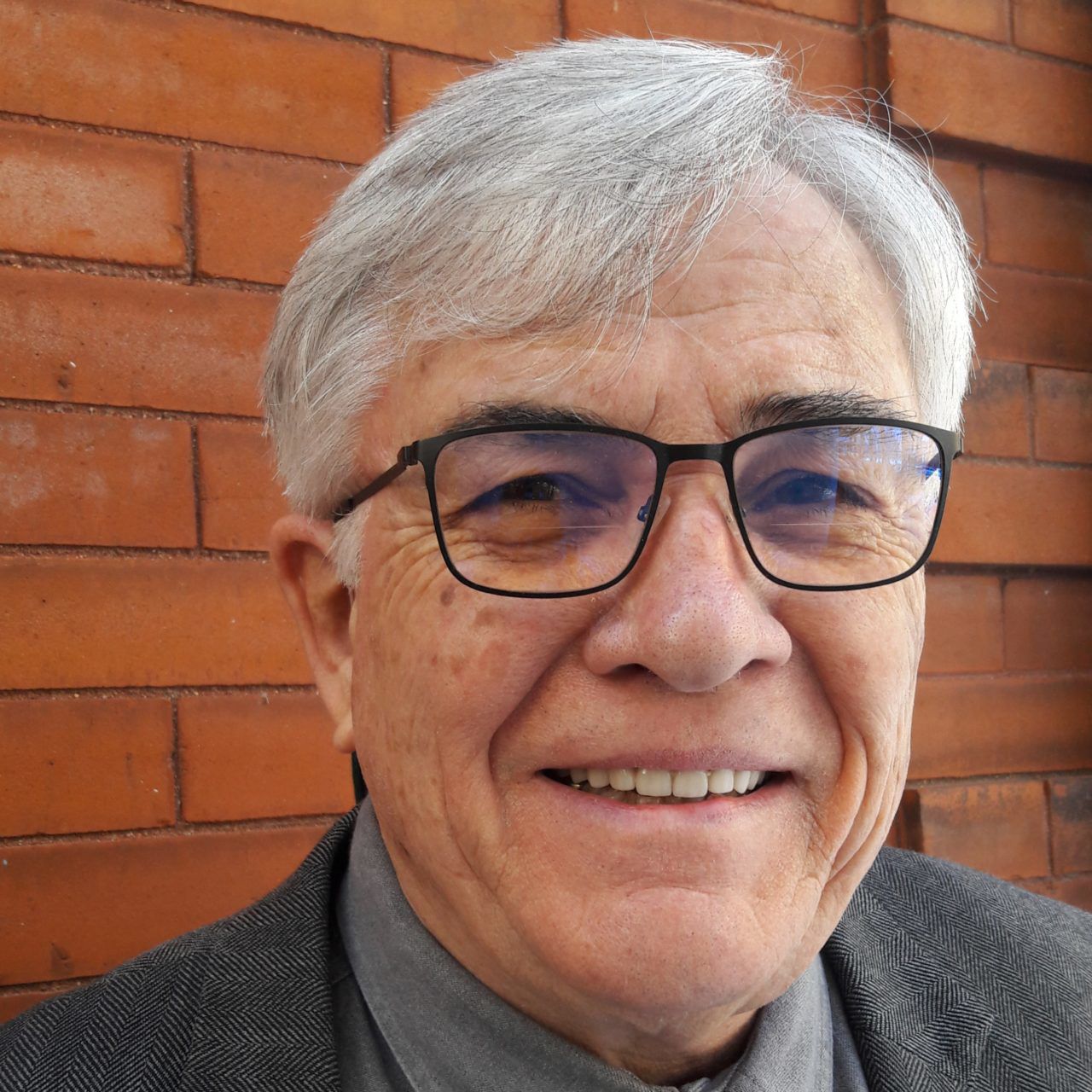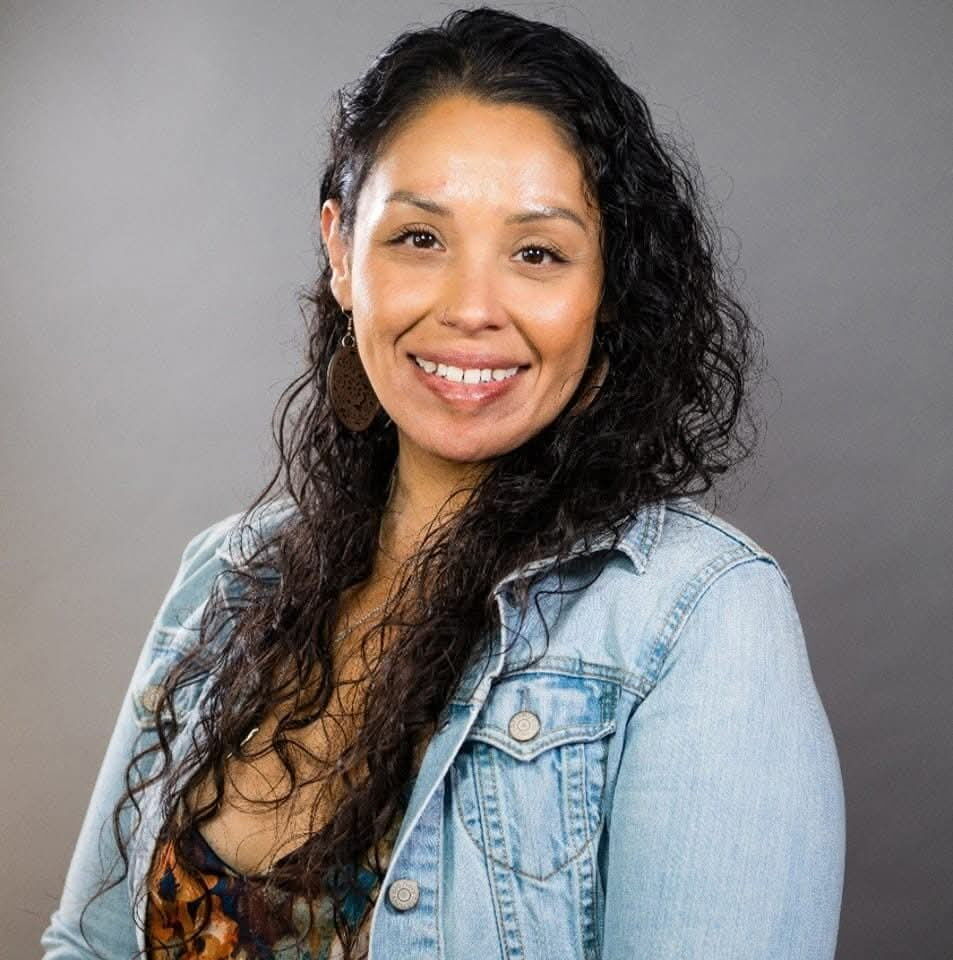HUDSON | Fight COVID — then fund government


Courage in the time of corona virus has been confined largely to first responders, nurses, doctors, bus drivers, construction workers and grocery clerks the past few months. Now we are expanding this cohort to include barbers, hair stylists, tattoo artists, retail clerks and realtors. Noticeably absent are the professionals and information age savants who populate the upper middle class and remain “safer at home.”
The Colorado legislature is scheduled to return to the Capitol May 18 to cope with COVID-19’s culling of the sick, the elderly, the immunologically impaired and a sliver of losers in the random genetic lottery that determines our resistance to the virus. Unexpectedly (even if predictably), this plague has come not just for the medically vulnerable but is ravaging our economy as well.
Which of these presents the greater threat has begun to fracture our politics along partisan lines. We can pair the “deplorables” of 2016 with the “expendables” of 2020. Alas, I’ve reached a vintage where the latter category resembles me, and I object to the notion of tolerable deaths.
If we are truly intent on restoring normalcy across Colorado, it should include the funding of government. Now, more than ever, we need to keep our schools open, our sewers functioning, our water clean, our roads passable and our social safety nets intact. Gov. Polis recently stated a pandemic is not the time to be raising taxes. Really? Wouldn’t that depend on who might be expected to pay?
The TABOR amendment, much praised and admired by conservatives, provides for an emergency declaration authorizing temporary taxes with a two-thirds majority approval in both chambers of the legislature. As Carol Hedges of the Colorado Fiscal Institute has pointed out, if Colorado isn’t facing a budget emergency today, then what would it take – volcanic eruptions, locusts, an alien invasion, zombies? Rest easy, the chances of the legislature doing what is so obviously needed are near zero.
Carol Hedges is either the Queen of lost causes – a decade spent advocating for adequate funding of public programs – or the Centennial State’s Joan of Arc, depending on your perspective. She is the policy brains behind the Vision 2020 initiative that would replace Colorado’s flat income tax with a graduated schedule reducing rates on the first $250,000 of income and sharply raising them above that floor. These adjustments produce an additional $3.0 billion in annual revenue. While it was Hedges’ intention to use these new dollars to expand and bolster government services, primarily K-12 school funding, it so happens this change matches the cut state revenues are about to incur from the economic damage inflicted by COVID-19.
If Republican caucuses in the House and Senate were capable of looking past the approaching November election, laughable as that sounds, a decision to join with Democrats in declaring a fiscal emergency just might preserve TABOR over the long run. Supporters could point back to this decision, in the face of future repeal attempts, that the amendment worked just as it was intended – responding soberly during a genuine emergency. There is the added bonus of irritating the governor with a legislative action he couldn’t veto.
Meanwhile, back in the real world, the Vision 2020 proposal has been approved as Initiative 271 at this November’s election. Petition signatures required to place the graduated income tax question on the ballot are being collected by Fair Tax Colorado volunteers. While it is still possible to collect sufficient signatures before an early August deadline, this effort faces daunting challenges under social distancing restrictions. Just how circulators should witness them, as well as voter readiness to handle clipboards touched by others could prove insurmountable. Another obstacle is cancellation of many of the large summer events where voters are usually approached.
With several other initiatives, on both the right and the left, confronting similar challenges, the legislature should authorize on-line signature collection administered through the Secretary of State’s Office once it reconvenes. Colorado law has already been changed to recognize electronic signatures on legal documents and this situation is little different. Critics argue any change requires a constitutional amendment and it would certainly face legal challenges. But opponents will file challenges in any case, so that shouldn’t be a deterrent to taking an action that ought to be understandable to state courts.
These are unusual circumstances. A signature verification process would be required, but it can easily be incorporated into the registration process. Time is short, while fairness and a return to normalcy demand a creative solution. It seems inevitable government funding after COVID-19 will seize center stage in legislative races this fall.
Anticipatory democracy takes courage, to be sure, but it would go a long way toward defusing this debate. Legislators need to evidence the same courage our first responders demonstrate each day.
Miller Hudson is a public affairs consultant and a former legislator. He can be reached at mnhwriter@msn.com.













